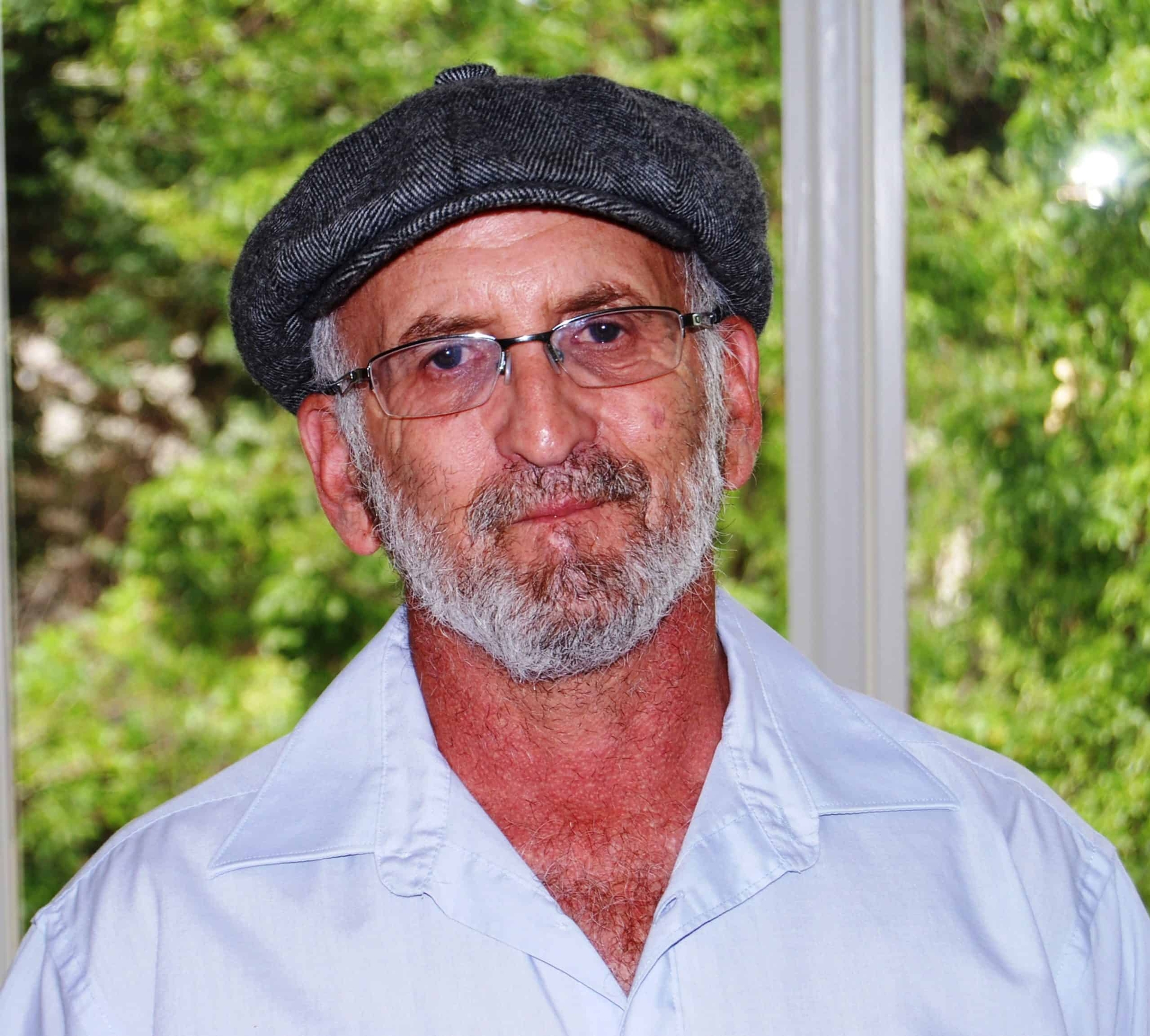Caregiving for veterans is a very specific, personal, and important topic. Specific because I have found that only veterans understand fellow veterans. Their DNA and experiences process things differently than others. My caregiving experience for my wife of 40 years is still a learning experience every day.
My wife’s disability became necessary for me to be home to be a caregiver. I help her every day with the menial tasks. From putting her socks and pants on, to giving her medicine, preparing her meals, which is a physical and emotional battle in itself, among other everyday tasks. Adding the factor of caregiving during COVID-19 is even more anxiety inducing.
This time has been scary from an emotional aspect. It is also horrible when you do not have an outlet. You are more inclined to get more anxious, and more triggered. I can only imagine what it is like for our fellow veterans, which is why I am currently involved in spearheading three different Caregiver projects for the Veterans Administration and The State of Nevada. I believe this is the beginning of how we must be using technology for compassionate communication in the days, weeks and possibly years ahead.
For about 3 years I had been visiting the VA every week to teach yoga in the mental health department. Now, the VA has arranged for me to teach yoga via zoom while they project my image on the white wall, larger than life size. The results are wonderful.
During those 3 years, I spent time visiting and assisting in the CLC (Community Living Center.) Due to COVID-19, the only contact these veterans have had has been “critical conversations” with doctors, nurses and staff. These veterans have not had any casual communication for about 10 months now. Also none or limited eye-to-eye contact outside the hospital as well.
Now, the VA arranges weekly for me to visit virtually with 3 or 4 veterans for about 1/2 hour each. These visits are eye to eye and heart to heart. Having a veteran with dementia put on a set of headphones and shut off the outside noise while having a lucid conversation may be one of the most rewarding experiences I’ve ever had.
Another project I am involved with is the Heroes for Heroes project. I help facilitate through the State of Nevada and the Cleveland Clinic. We are training people so that we can have veterans calling veterans. On the phone and virtually as available. For more information on Heroes to Heroes project, click here.
All these opportunities to reach out and touch someone are critical! (virtually, of course) just to ask questions, to listen to them, and offer a smile are all ways to change someone’s day.
My caregiver training over the last few years is allowing me to help facilitate in developing modern ways through today’s technology for conscious, compassionate communication with the people that need it the most.
I cannot stress enough how much our veterans need our support! We need to support our veterans who are isolated and do not have much communication in the outside world. I find that a few minutes to talk to them can make such a huge difference. Whether you are caring for someone who is a veteran, or are planning to get involved through volunteering, just know that a smile or a simple “how are you?” through the screen can brighten up their day and make a huge difference!
Get involved. Support our veterans.
Click here for more information on resources for veterans.
